Zedotrax Capsule 10's
MRP ₹175
(Inclusive of all Taxes)
₹26.3 Cashback (15%)
Provide Delivery Location
Online payment accepted
 Prescription drug
Prescription drugWhats That
Composition :
Manufacturer/Marketer :
Consume Type :
Expires on or after :
Return Policy :
About Zedotrax Capsule
Zedotrax Capsule belongs to a group of medications called 'antidiarrheal' used to treat symptoms of acute (short-term) diarrhoea in adults and infants greater than 3 months of age. Zedotrax Capsule can be administered as a complementary treatment when acute diarrhoea cannot be treated casually. Acute diarrhoea occurs when there is a sudden onset of 3 or more loose/watery stools per day for at least 14 days.
Zedotrax Capsule contains ‘Racecadotril’ which is a prodrug (inactive form) that gets converted into ‘thiorphan’ (active form) which acts on the epithelium tissues of the small intestine. It helps in decreasing the intestinal hypersecretion (losing) of electrolytes and water induced by the cholera toxin or inflammation. Thus, Zedotrax Capsule exerts rapid antidiarrheal action, without changing the duration of intestinal transit (bowel transit time or time of food travel in the digestive tract).
Take Zedotrax Capsule as prescribed by your doctor. You are advised to take Zedotrax Capsule for as long as your doctor has prescribed it for you depending on your medical condition. In some cases, you may experience certain common side-effects such as headache, rash and skin redness. Most of these side-effects do not require medical attention and will resolve gradually over time. However, you are advised to talk to your doctor if you experience these side-effects persistently.
Talk to your doctor if you have a fever, blood or pus in stools, are suffering from chronic diarrhoea, diarrhoea caused by antibiotics, kidney or liver problems, or prolonged or uncontrolled vomiting. If your condition does not improve even after taking Zedotrax Capsule for 7 days, consult your doctor. Consult your doctor if you are pregnant or breastfeeding. Zedotrax Capsule should not be given to children younger than three months of age. Avoid consuming alcohol along with Zedotrax Capsule . Keep your doctor informed about your health condition and medicines to rule out any side-effects.
Uses of Zedotrax Capsule
Directions for Use
Key Benefits
Zedotrax Capsule belongs to group of antidiarrheal medicines called 'oral enkephalinase inhibitors' used to treat symptoms of acute diarrhoea in adults and infants (more than 3 months of age). Zedotrax Capsule should be used along with dietary measures and abundant liquid intake and administered as a complementary treatment when diarrhoea cannot be treated casually. Zedotrax Capsule is a pro-drug which breaks down into thiorphan (the active form) and works by decreasing the amount of salts and water secreted into the intestine, thereby making the stools less watery. Thus it helps in controlling the diarrhoea without interrupting change in bowel movement time.
Storage
Drug Warnings
Do not take Zedotrax Capsule if you are allergic to any of its contents. Talk to your doctor if you have a fever, blood or pus in stools, are suffering from chronic diarrhoea, diarrhoea caused by antibiotics, kidney or liver problems, or prolonged or uncontrolled vomiting. If your condition does not improve even after taking Zedotrax Capsule for 7 days, consult your doctor. Consult your doctor if you are pregnant or breastfeeding. Zedotrax Capsule should not be given to children younger than three months of age. Keep your doctor informed about your health condition and medicines to rule out any side-effects.
Drug-Drug Interactions
Drug-Drug Interactions
Login/Sign Up
Drug-Food Interactions
Drug-Food Interactions
Login/Sign Up
Diet & Lifestyle Advise
- Drink plenty of fluids to stay hydrated.
- Include bland foods such as banana, rice, apples, cream of wheat, soda crackers, farina, applesauce and toast to avoid the aggravation of the digestive system.
- Avoid eating foods such as milk, dairy products, spicy foods, processed foods, pork, veal, sardines, raw vegetables, rhubarb, onions, corn, citrus fruits, alcohol, pineapples, cherries, seeded berries, grapes, caffeinated and carbonated drinks.
- Eat fibre rich food such as whole grains, lentils, beans, broccoli, and peas.
Side Effects of Zedotrax Capsule
- Headache
- Rash
- Skin redness
Habit Forming
Therapeutic Class
All Substitutes & Brand Comparisons
RX
Out of StockAquasec 100mg Capsule
Micro Labs Ltd
₹49.9
(₹4.49 per unit)
71% CHEAPERRX
Out of StockHaltz 100mg Capsule
Hetero Healthcare Pvt Ltd
₹69
(₹6.21 per unit)
60% CHEAPERRX
Out of StockDotril 100mg Capsule
Apex Laboratories Pvt Ltd
₹100
(₹9.0 per unit)
42% CHEAPER
Author Details
We provide you with authentic, trustworthy and relevant information
Drug-Diseases Interactions
Drug-Diseases Interactions
Login/Sign Up
FAQs
Drug-Drug Interactions Checker List
- CAPTOPRIL
- LISINOPRIL
- ENALAPRIL
- RAMIPRIL
- PERINDOPRIL
Disease/Condition Glossary
Diarrhoea: It occurs when there is a frequent need to empty the bowels characterized by loose and watery stools. Diarrhoea could be acute or chronic. Acute diarrhoea generally lasts for at least 14 days which can be due to bacterial, viral infection or food poisoning. On the other hand, Chronic diarrhoea lasts for at least four weeks. It could occur due to intestinal disease/disorder such as Crohn’s disease or celiac disease. The causes of diarrhoea include food intolerance, food allergy, adverse reaction to any medicine, viral infection, bacterial infection, intestinal disease, parasitic infection, and stomach or gallbladder surgery. The symptoms of diarrhoea include nausea, abdominal pain, cramps, dehydration and bloating, frequent urge to empty the bowels, and large volume of stools or watery stools.

Have a query?
Alcohol
Safe if prescribed
Avoid consuming alcohol while taking Zedotrax Capsule .
Pregnancy
Consult your doctor
Please consult your doctor if you have any concerns regarding this, your doctor will decide whether pregnant women can take Zedotrax Capsule or not.
Breast Feeding
Consult your doctor
Please consult your doctor if you any concerns regarding this, your doctor will decide whether Zedotrax Capsule can be taken by breastfeeding mothers or not.
Driving
Safe if prescribed
Zedotrax Capsule does not affect your ability to drive or handle machinery.
Liver
Consult your doctor
Dose adjustment may be needed in patients with liver impairment. Please consult your doctor if you have a liver impairment or any concerns regarding this.
Kidney
Consult your doctor
Dose adjustment may be needed in patients with kidney impairment. Please consult your doctor if you have kidney impairment or any concerns regarding this.
Children
Safe if prescribed
Zedotrax Capsule is safe for children over three months of age if prescribed by the doctor.




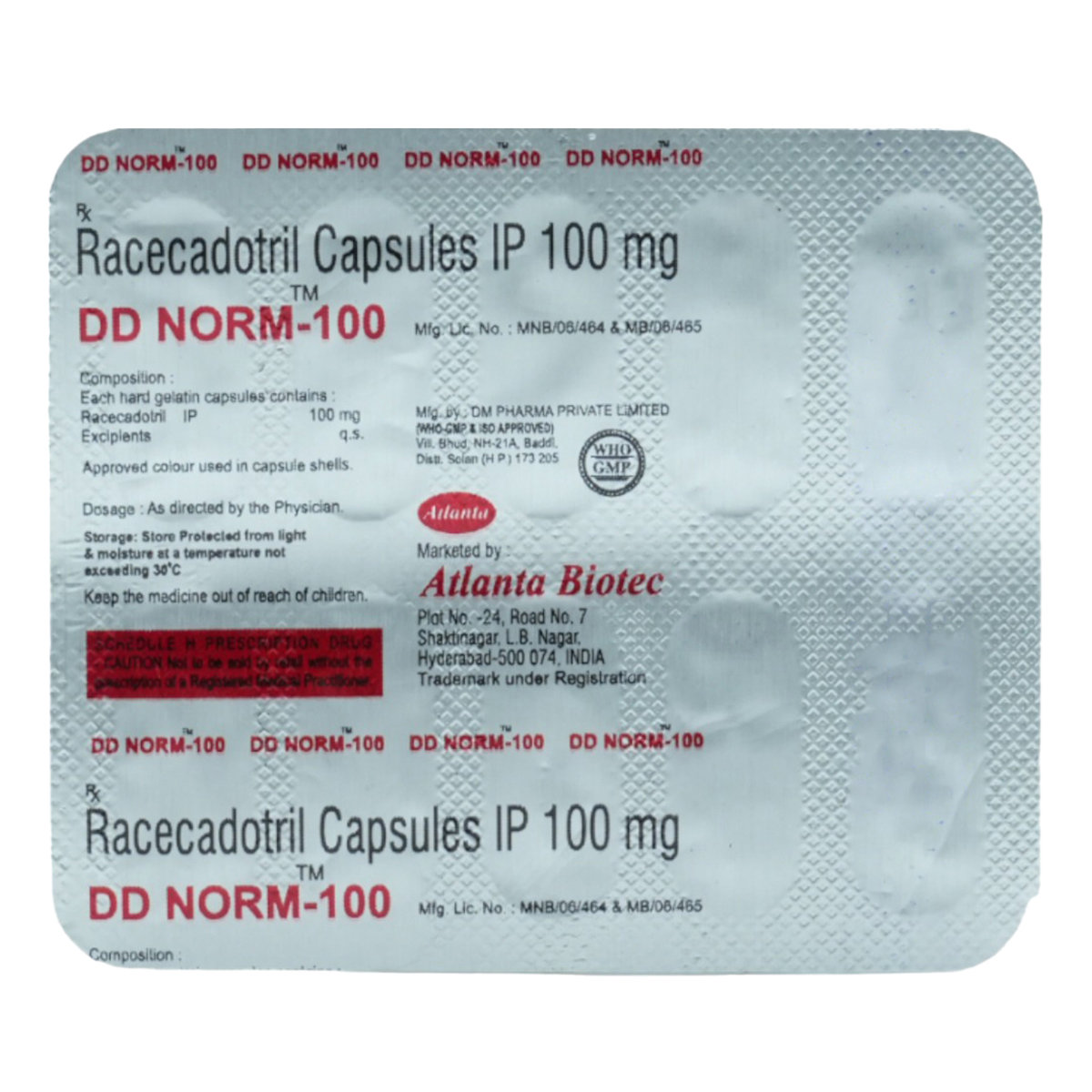
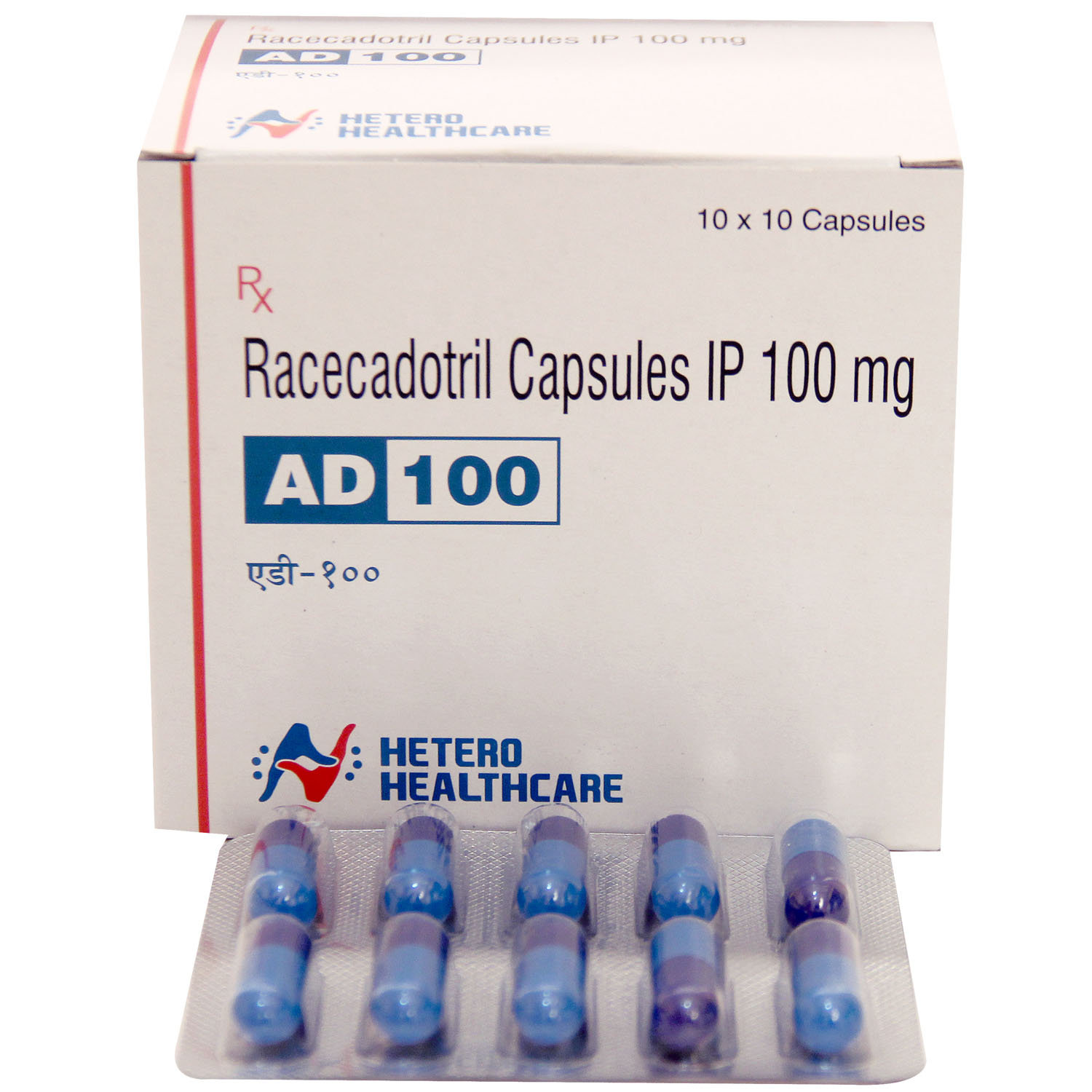
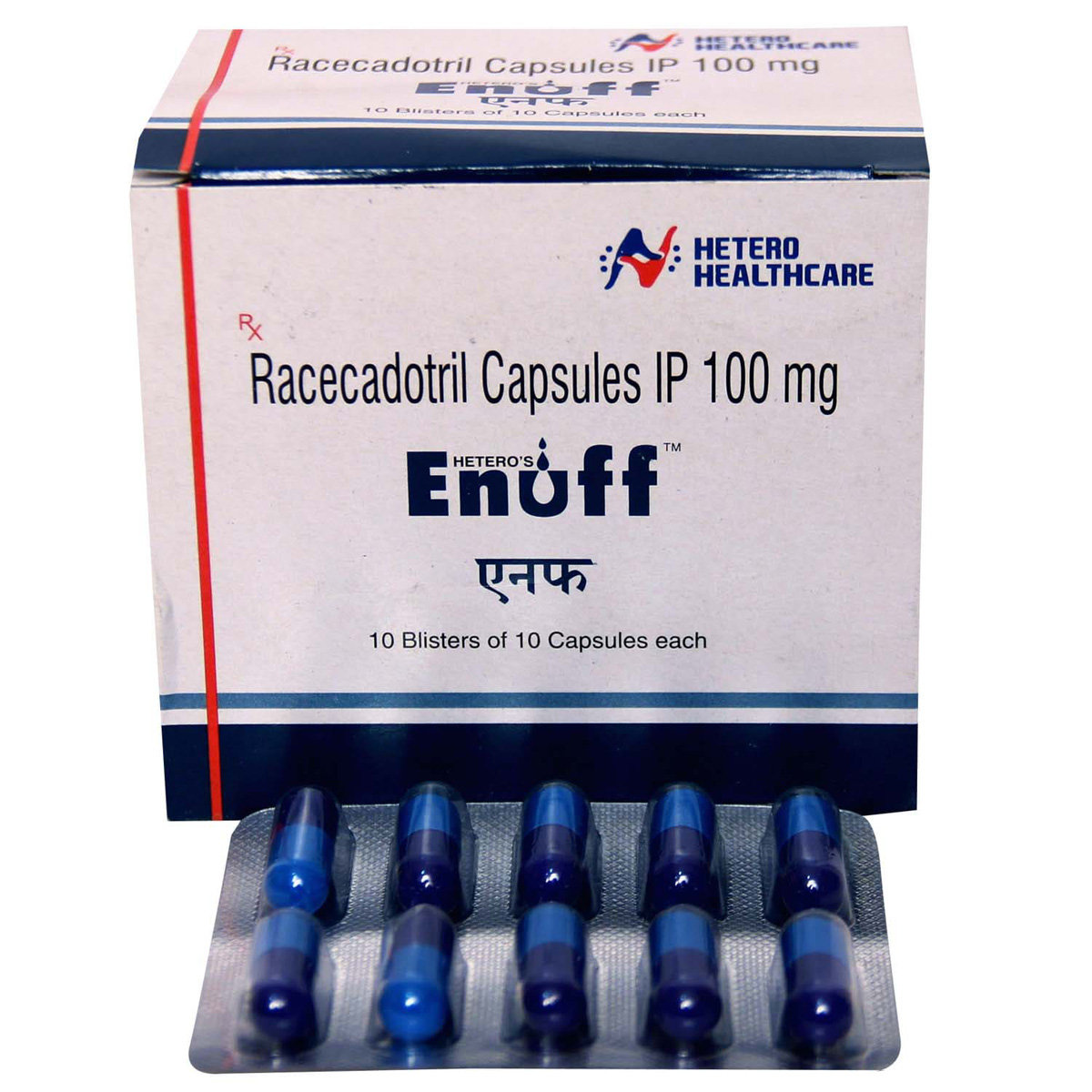

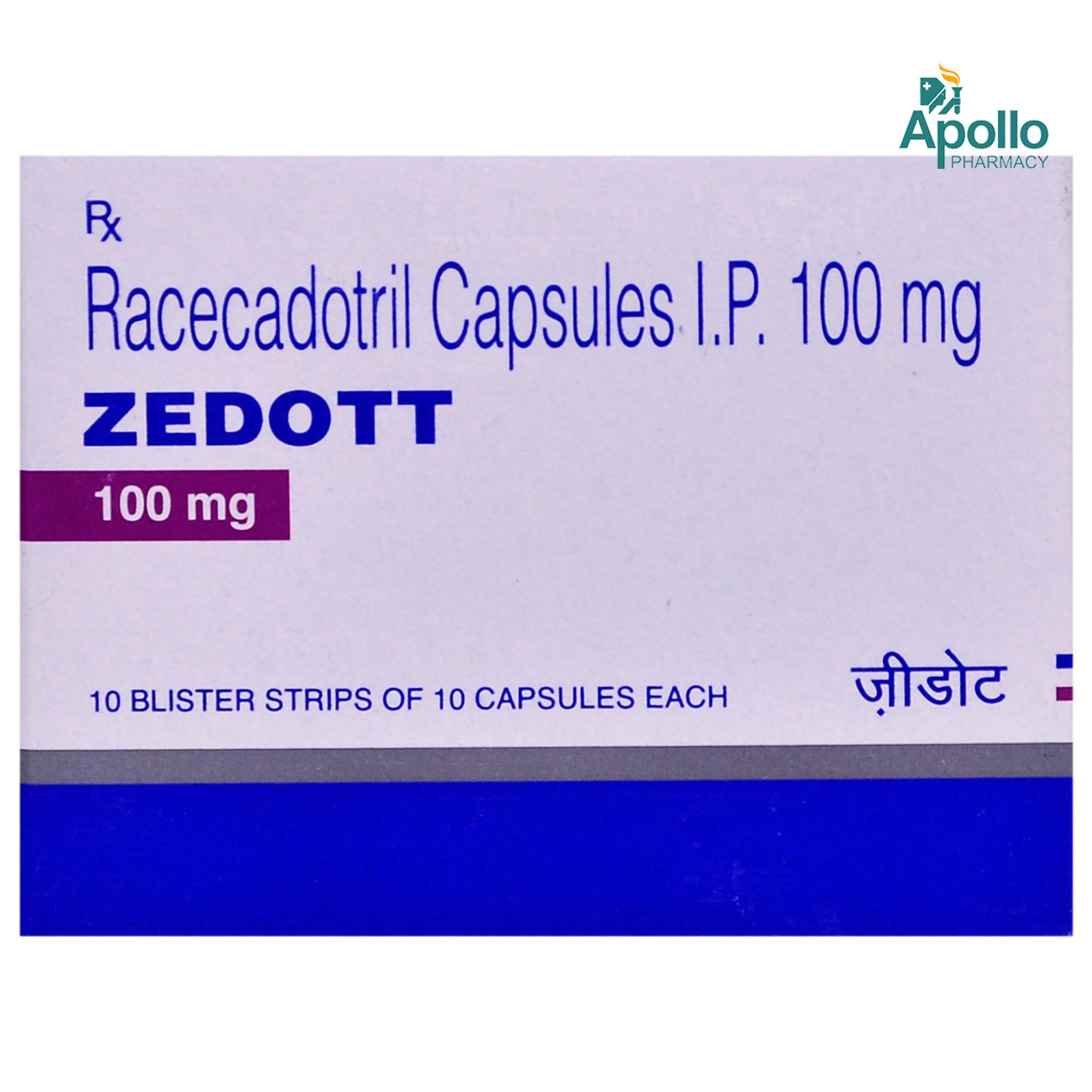
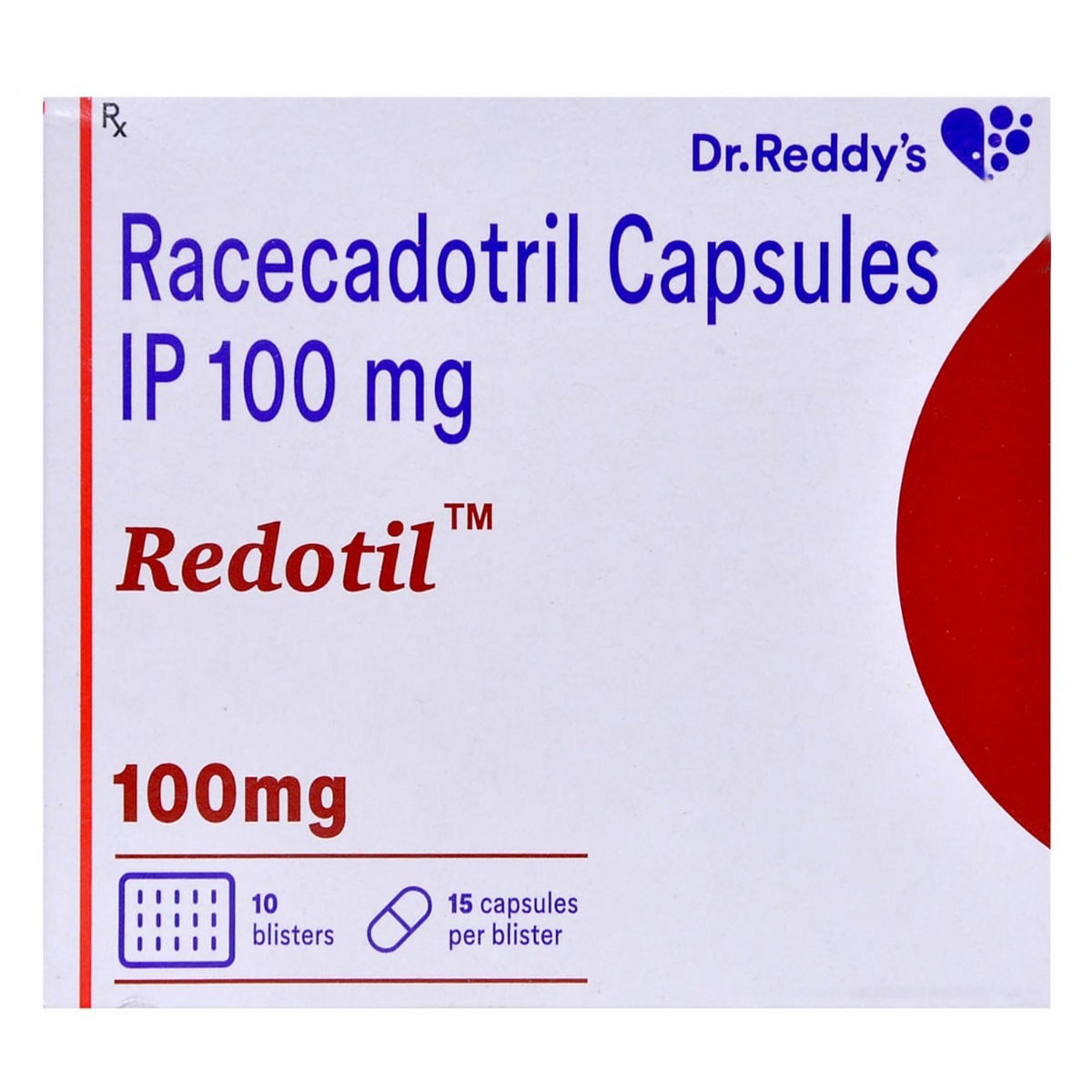

_0.jpg?tr=q-85)

